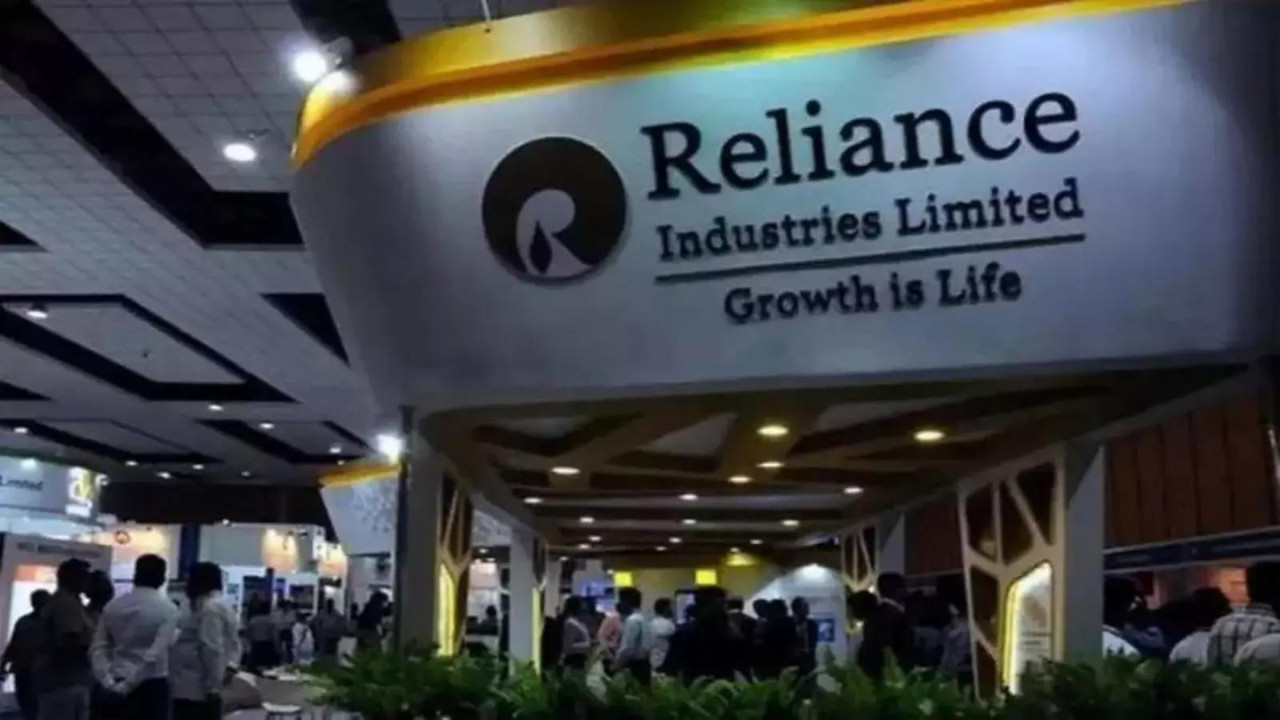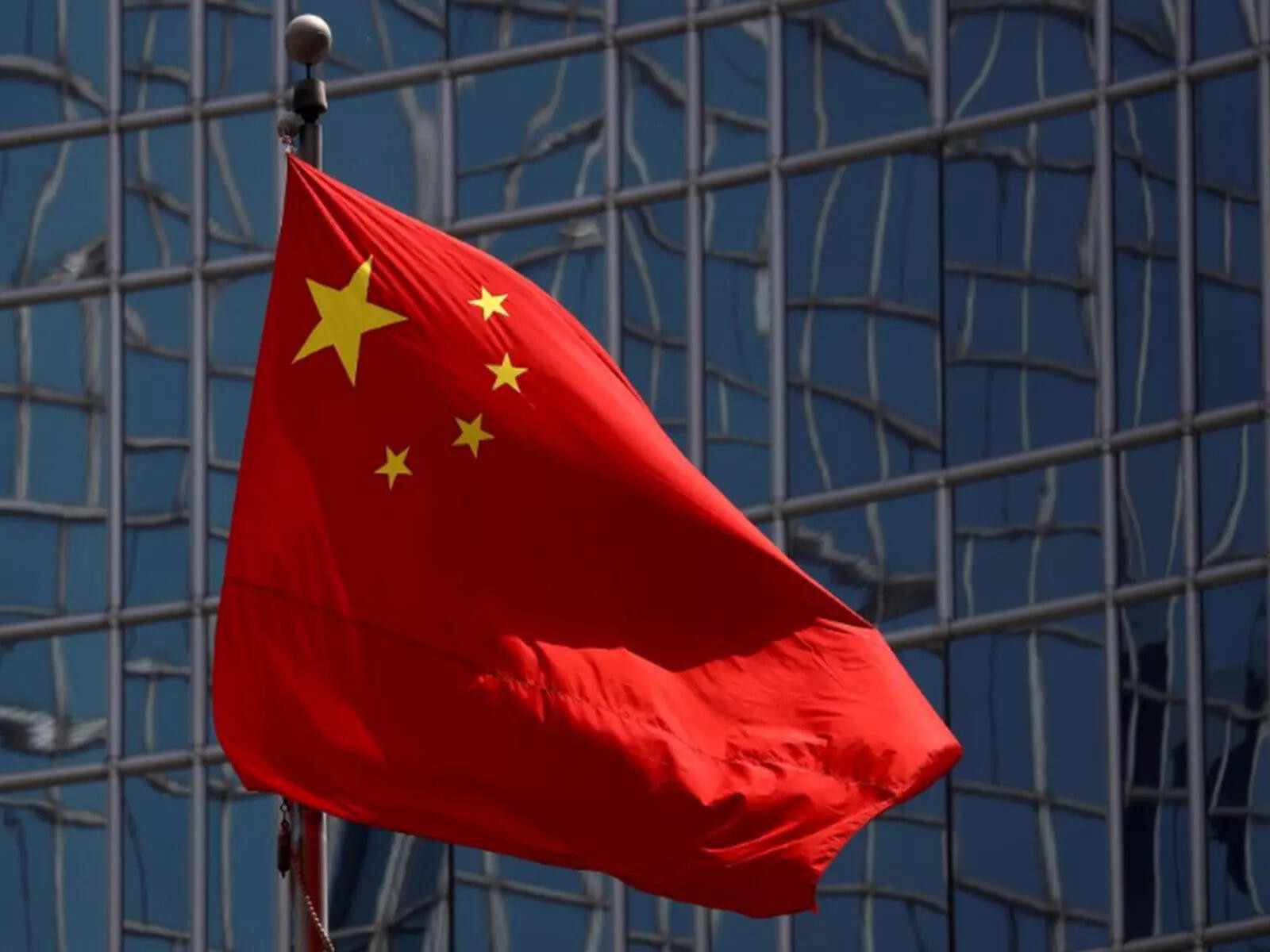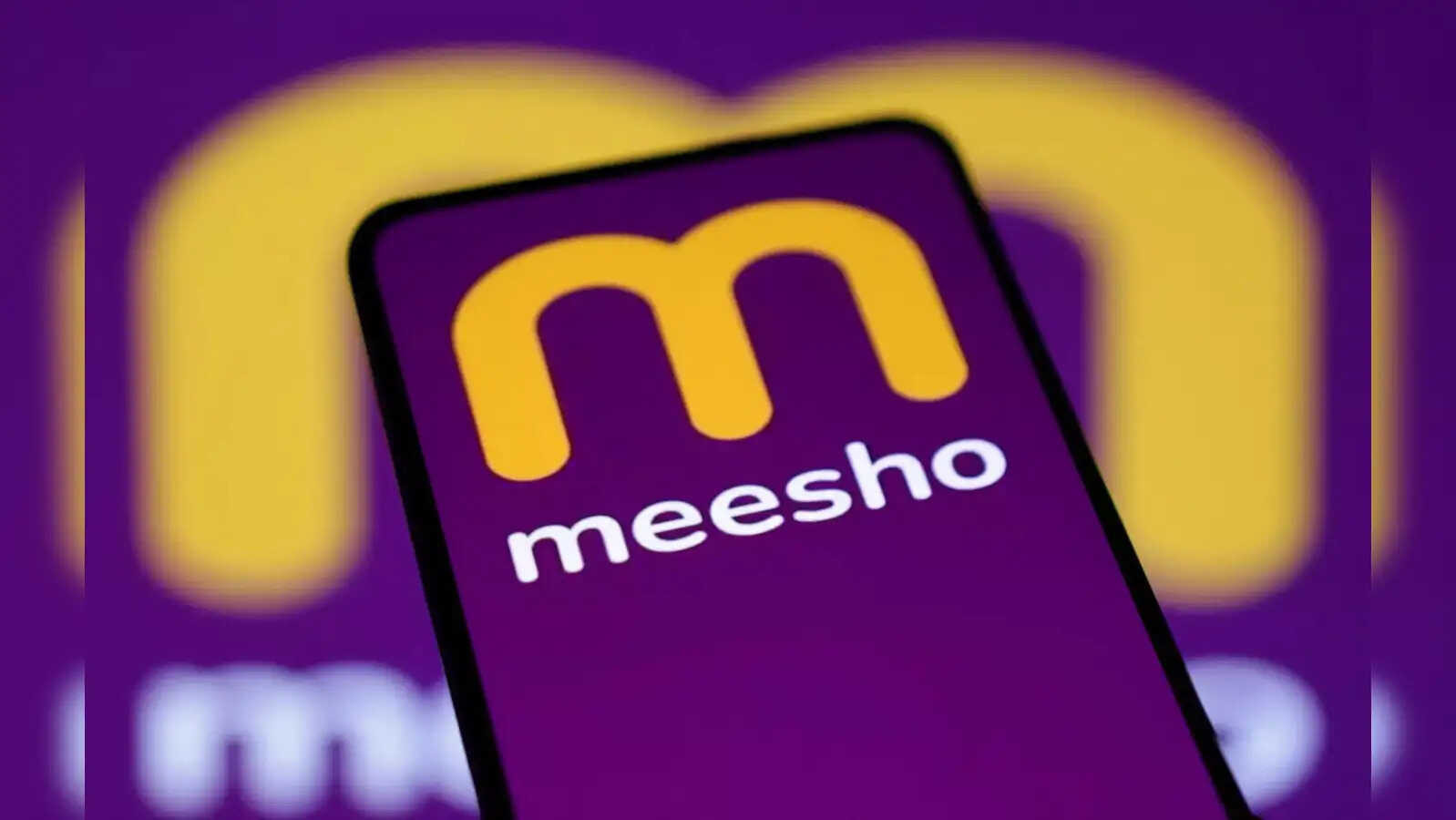Is Your Engine About to Get a New Owner? The Buzz Around Castrol India
Okay, engine enthusiasts and investment junkies, let’s talk grease… good ol’ engine grease, that is. Specifically, Castrol. That familiar green-and-red logo might soon be sporting a different parent company, and the rumor mill is churning faster than a V12 on a racetrack.
Word on the street (or rather, from the financial corridors) is that BP, the current owner of Castrol, might be looking to offload a significant chunk of its lubricant business – and Castrol India is right in the crosshairs. Now, why is this happening? Well, big oil companies are, shall we say, navigating a… complicated… energy landscape these days. They’re juggling the demands of traditional fossil fuels with the ever-louder call for renewable energy investments. Sometimes, that means streamlining their portfolio, selling off assets to free up capital for new ventures.
So, who’s lining up to potentially take the reins of this iconic brand? The names being thrown around are big names. We’re talking Reliance Industries, the Indian conglomerate that’s practically a household name in its own right. Imagine Mukesh Ambani’s empire adding the Castrol brand to its holdings! It would be a powerful play in the automotive sector, further cementing Reliance’s diversification strategy.
But Reliance isn’t alone. The whispers also include Saudi Aramco, the Saudi Arabian oil behemoth. This makes complete sense – Aramco has been aggressively expanding its downstream operations, aiming to become a global leader in the chemicals and lubricants space. Acquiring a well-established brand like Castrol would be a giant leap in that direction.
And, just to keep things interesting, there are murmurs of other global private equity firms circling the deal, sensing a lucrative opportunity. These firms specialize in buying and restructuring businesses, often with the aim of improving efficiency and profitability before eventually selling them off again.
Now, why is Castrol India such a hot commodity? Well, India’s automotive market is booming. It’s one of the fastest-growing in the world, and with a burgeoning middle class, the demand for cars, motorcycles, and, naturally, the lubricants that keep them running, is only going to increase. Castrol has a deeply ingrained brand recognition in India, built over decades. It’s synonymous with quality and reliability for many Indian drivers.
Think about it: your grandfather probably swore by Castrol, your dad probably uses it, and you might even be using it yourself. That kind of brand loyalty is gold dust in a competitive market. It provides a powerful platform for growth, especially as the Indian automotive industry evolves with the introduction of electric vehicles. While EVs don’t require engine oil in the traditional sense, they do need specialized lubricants for other components like transmissions and cooling systems. Castrol, with its established research and development capabilities, is well-positioned to adapt to this changing landscape.
The implications of this potential acquisition are far-reaching. For Reliance, it’s a chance to further diversify its portfolio and capitalize on India’s automotive boom. For Aramco, it’s a strategic move to expand its global footprint and become a dominant player in the lubricants market. And for Castrol India, it could mean access to new resources, technologies, and distribution networks.
However, it also raises some questions. Will a new owner change the way Castrol India operates? Will they maintain the same level of quality and service that customers have come to expect? Will the company’s focus shift towards different market segments? These are all legitimate concerns, and it’s understandable that some might feel a little anxious about the prospect of change.
Ultimately, the fate of Castrol India rests in the hands of BP and the potential buyers. The bidding process is likely to be fiercely competitive, and the final decision will depend on a variety of factors, including price, strategic fit, and regulatory approvals. One thing is certain: this is a significant development in the Indian automotive industry, and it will be fascinating to see how it unfolds. Keep your eyes peeled, because this engine might be getting a brand new owner soon! What do you think? Who would be the best fit for Castrol India and why? Let’s hear your thoughts in the comments below!
📬 Stay informed — follow us for more insightful updates!







